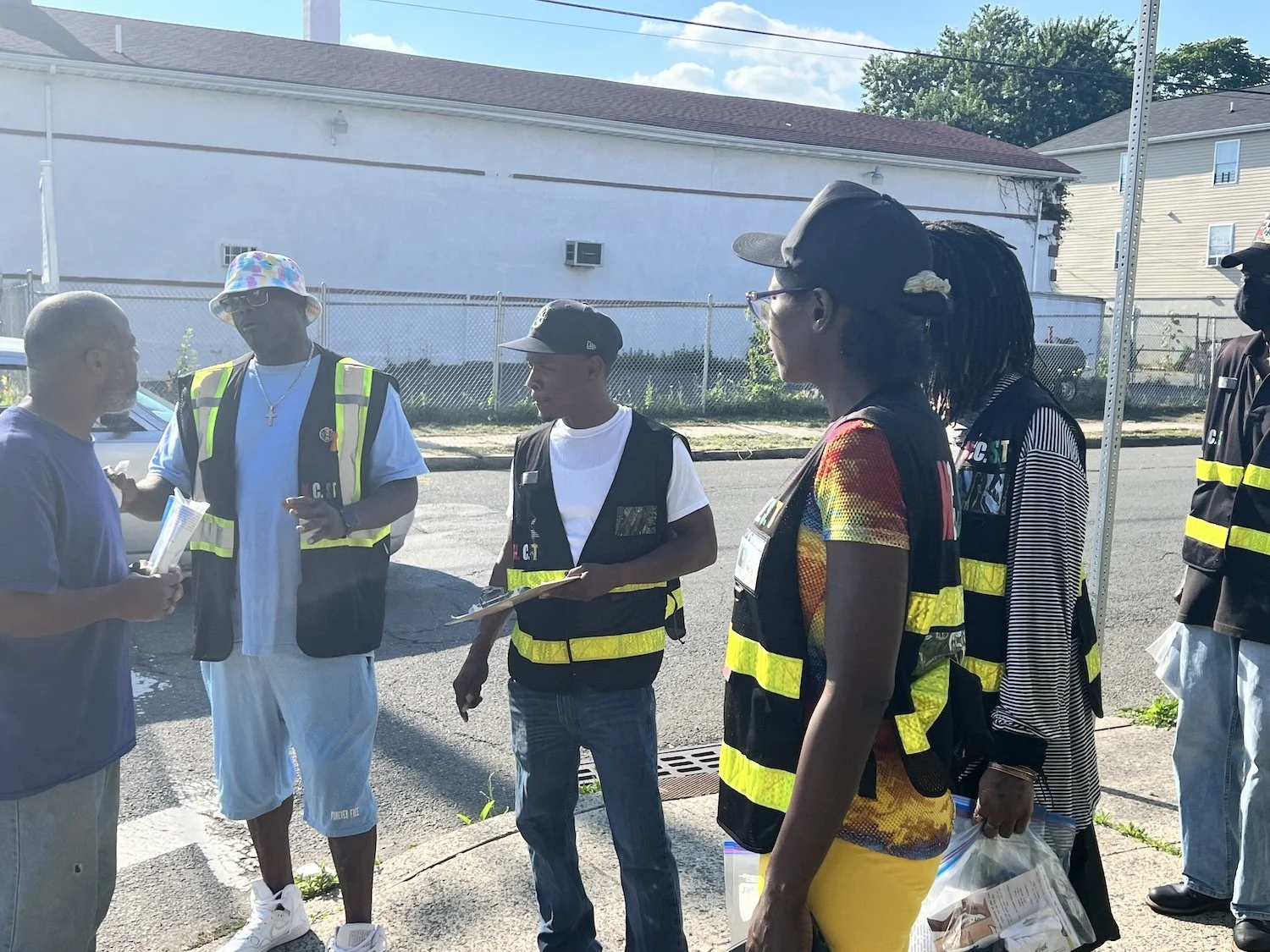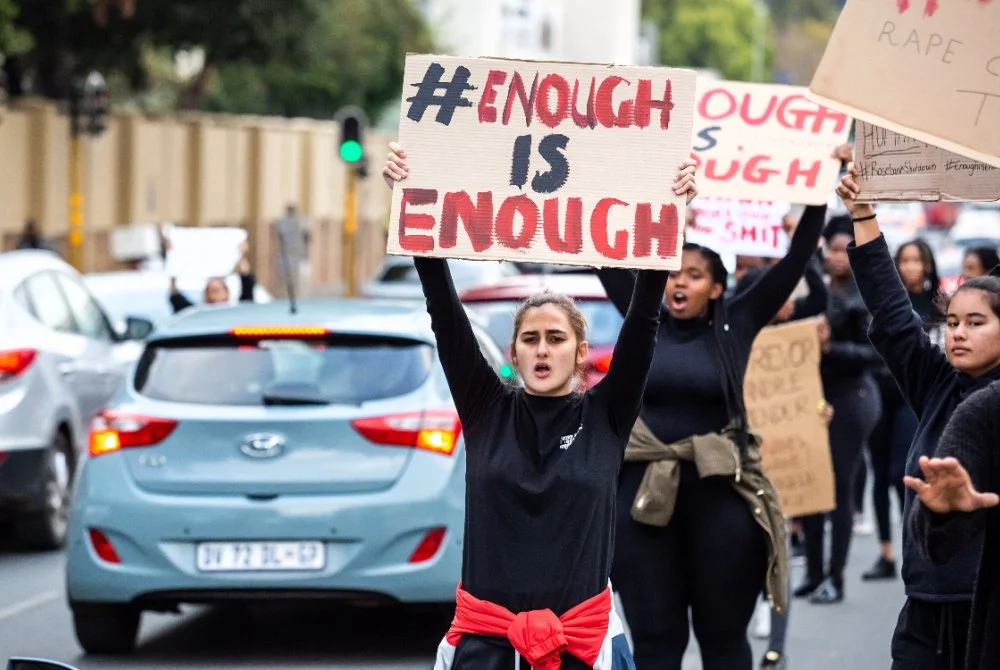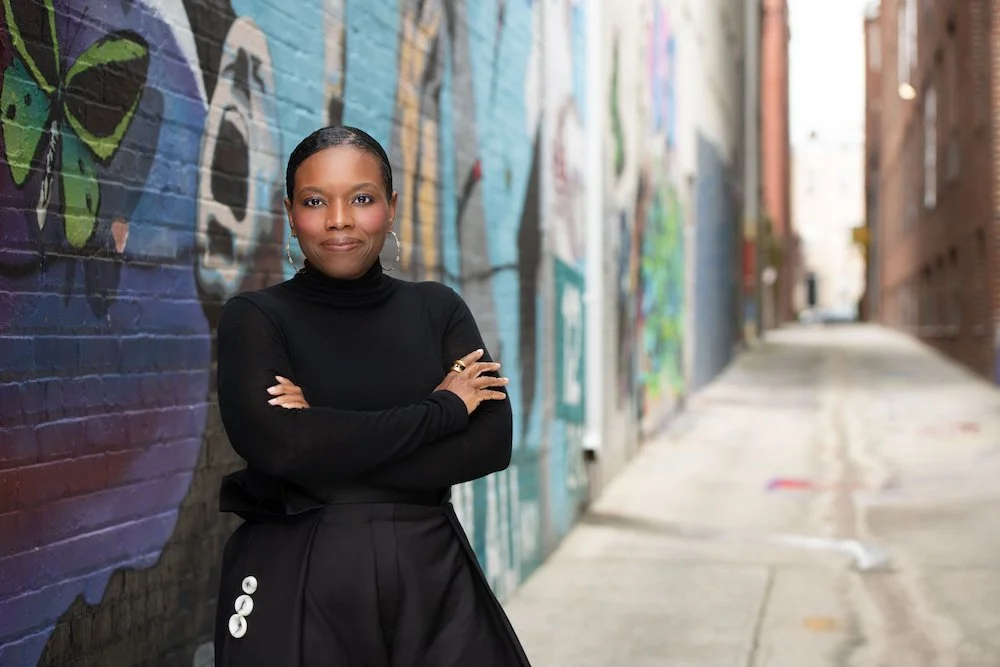Data vs. Crime: How a Billionaire Donor Is Partnering With Chicago to Stem the Violence
/photo: Keith Levit/shutterstock
Kenneth Griffin has been cited as the richest man in Illinois. He’s also a Republican (albeit a self-described “Reagan Republican”) and a major donor to the state’s current GOP governor, Bruce Rauner. That’s just one reason why it’s interesting to see him working with Chicago mayor and veteran Democrat Rahm Emanuel to support a collection of data-driven policing methods out of the University of Chicago. The partnership is another example of a growing trend: public-philanthropic collaborations on the municipal level to fill service gaps and pursue new programs. The move further underscores Griffin's rise as a leading philanthropist in Chicago with wide interests.
First, some details. Griffin has put forward $10 million to fund joint efforts between the Chicago Police Department and the University of Chicago’s Crime Lab. Deployed in a city that’s become known for its challenges with violent crime, the partnership’s Strategic Decision Support Centers bring together officers, UChicago analysts, and a suite of surveillance tools to determine where and when to send responders. They also help CPD develop localized crime reduction strategies with input from the community. “Across the police districts that have implemented an SDSC since at least January,” the City of Chicago notes, "the number of shooting victims has decreased by 41 percent, outpacing reductions citywide.”
Those results aren’t bad, and it looks like everyone involved wants to press forward. The effects of Griffin’s support, Emanuel says, will be felt for a long time, demonstrating “how civic innovation, academia and philanthropy can come together to create meaningful and lasting impact for the city we all love.” In addition to supporting the strategic centers, the funding will pay for better data analytics across CPD, and fund “softer” methods related to building the department’s community ties and providing officers with better wellness services.
While he hasn’t done a lot on criminal justice in the past, Griffin is a regular Chicago donor who’s supported an array of causes in the city. We’ve written about a few of them, including another public-private initiative with the Chicago Parks District and a project to boost youth sports.
Griffin’s also a big-time higher education funder, who followed up a $150 million gift to Harvard, his alma mater, with a $125 million donation to the University of Chicago’s economics department just last year. That donation, which has prompted the school to rename the famously free market-friendly department in Griffin’s honor, is the second-largest in UChicago’s history. So it isn’t too surprising to see Griffin working with the university on other projects. By the by, he’s also one of the university’s trustees.
Related:
- Ironies Abound: A Closer Look At a Campus Mega-Gift From a Hedge Fund Billionaire
- A Trail of Giving: A Billionaire Hedge Funder Steps Up for a Parks Project
- When City Hall Wants a Grant: Philanthropy’s Growing Presence in Municipal Governments
Of course, policing methods aren’t the only space where philanthropy is backing data-centric criminal justice reform efforts. In fact, a wider range of funders have come together to support efforts to collect, centralize, and act on the nation’s dispersed and disconnected criminal justice data. Some big names there include the Laura and John Arnold Foundation, the Ford Foundation, the Open Society Foundations, Google, the Chan Zuckerberg Initiative, the Charles Koch Foundation, and Bill Ackman’s Pershing Square Foundation. Speaking of Chicago, the MacArthur Foundation has also played a major role in that area.
MacArthur is also a leading member of the Partnership for Safe and Peaceful Communities, a coalition of Chicago grantmakers dedicated to reducing violent crime in the city. In addition to providing resources to community organizations on the ground, especially by building general capacity, the partnership is also working on gun policy, police reform, and restoring a sense of community to crime-ravaged neighborhoods. Laurene Powell Jobs' Emerson Collective is also backing anti-crime work in the city, which is led by Arne Duncan, former U.S. Secretary of Education.
There is a public sector element to all of this work, inasmuch as funders need to partner with police departments and local governments—as well as nonprofits—to meaningfully address crime. But Griffin’s support for the crime lab is a particularly direct example of philanthropic resources coming to bear on a tough public sector issue, with immediate effects for city residents. While these public-philanthropic partnerships require oversight, they can also quickly advance underfunded projects that produce real gains. the University of Chicago Crime Lab Executive Director Roseanna Ander said, “We have been living hand-to-mouth to keep this going. I’m very excited about this.”
Meanwhile, it's worth keeping a close eye on Ken Griffin's Chicago giving. Many of the hedge funder's biggest gifts so far have been focused in his home city and with an estimated $9 billion fortune, there's a lot more where that came from.
Related:







































